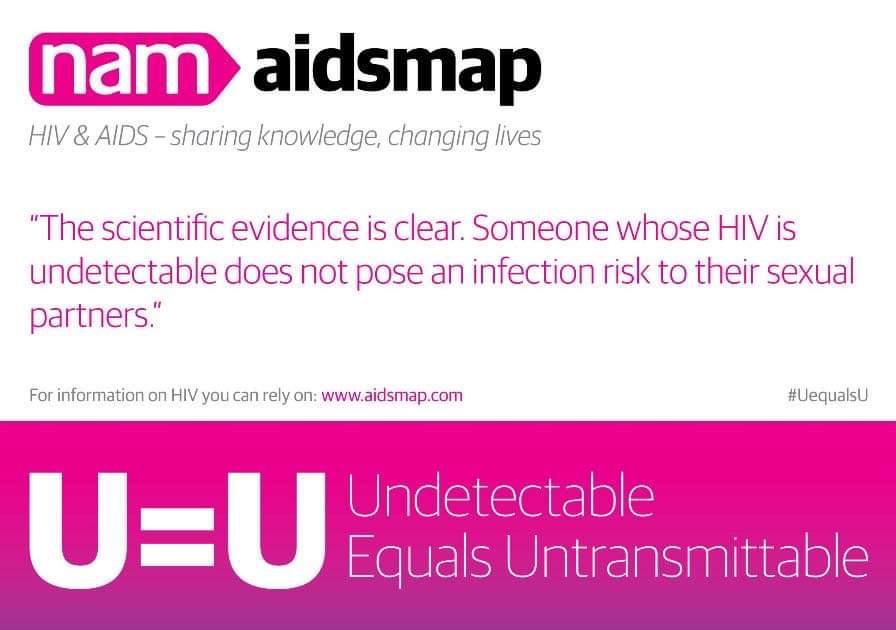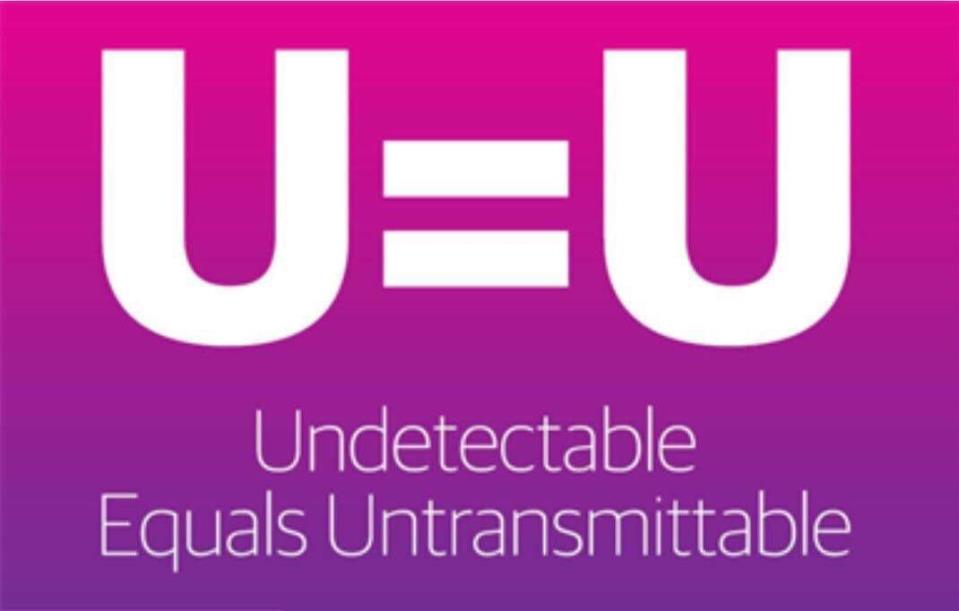A few weeks ago, The Malta Independent on Sunday spoke with HIV activists in order to get an insight on the current situation of HIV treatments and prevention strategies in Malta. The major issue that came up was the monthly payment of €56.70 for Pre-Exposure Prophylaxis (PrEP), the pill which prevents HIV.
PrEP is only for people who are HIV negative and at high risk to acquire the virus. Therefore, one should undergo an HIV test before starting taking PrEP. This can be done for free at the GU clinic at Mater Dei Hospital.
This newsroom reached out to Dr Mark Josef Rapa who has been, and remains, very vocal about the perception of HIV on our islands, to investigate limitations that Maltese people face in this regard.
Rapa is a lawyer, a member of the European AIDS Treatment Group and a research assistant at the School of Social Sciences at the University of Manchester. They are also the founder of PrEPing Malta which is a web-based portal that was set up with the intention of being used to provide information on HIV, HIV prevention, and sexual health in general. The website is named after PrEP which is a leading treatment for the prevention of the acquisition of HIV and last year was made available in some pharmacies against a prescription from GU specialists.

PrEP in Malta
The Malta Independent asked Rapa how the introduction of PrEP influenced how HIV is perceived in Malta.
“I think we have to be very careful when using the word introduction. ‘Introduction’ is generally associated with making a particular drug or treatment available on the national formulary. In Malta, this has not happened with PrEP, not yet anyway,” Rapa explained.
PrEP is available in some pharmacies at €56.70 per box consisting of 30 tablets, a hefty price for some of the people who are at high risk and would likely benefit most from taking PrEP. This includes students in full time education, the unemployed or those who do not have a regular income.
Rapa said that, to their knowledge, there is only one supplier in Malta and until more suppliers enter the market, the price will not fluctuate as much. “Nevertheless, even if the market for PrEP is to have more than one supplier, there is no guarantee that prices will be lower.”
Rapa touched on the alterative of buying the pill online at a cheaper price but added that there is a caveat here. “The medication can get stuck at customs and will only be released upon presentation of a prescription by a sexual health clinician and payment of a fee.”
The Malta Independent also asked Rapa about the PrEP trails that Health Minister, Chris Fearne, had agreed to in a questionnaire sent by the Malta Gay Rights Movement (MGRM) in the running up to the Labour party leader election he was contesting.
Rapa explained that the proper name is, in fact, ‘PrEP rollout’ and that to their understanding, what is being proposed by the minister is not a full roll-out.
“It would be similar to the heavily criticised roll out programme we have in England. Here, sexual health clinics can only afford to provide PrEP to X number of people on a first-come-first-served basis. Those who were not quick enough to register their interest had to purchase it online.”
They said that arguing that resources are scarce and that the cost of PrEP does not constitute a large proportion of one’s salary is only true to a certain extent. “Not all people at risk of acquiring HIV are on the same wage band. For those on a low income, the price of PrEP is a barrier to accessing it. We also take for granted that everyone has access to a computer or a bank card, necessary for doing online purchases.”
With regards to PrEP roll-outs in Malta, Rapa explained that the main challenge would be human resources which is reflected in the long waiting lists at the GU clinic. “A PrEP rollout would see more people accessing the clinic and more tests being sent to the labs for testing. Alas, if the right money is invested, these challenges can be overcome.”
Asked whether the Ministry of Health holds HIV as a priority, Rapa said that while some newer Antiretroviral (ARV) drugs have been introduced, there are still many more which need to be introduced. ARV or ART (Anti-retroviral therapy) as it is better known, is the combination of drugs prescribed to people living with HIV. They stop the virus from copying itself, and if taken as prescribed they suppress the virus to a level that it cannot be passed on to another person.
“Why, one might ask, do we need newer drugs if the ones we have already work? The newer drugs on the market have fewer side effects than the ones which we have. Fewer side effects increase the quality of life of the patient which is what effective healthcare is about,” Rapa explained.

HIV stigmatisation
This newsroom asked Rapa why it is that the most prominent individuals and organisations within the HIV discussion in Malta seem to be part of the LGBTIQ community even though the topic is not one that is limited to it.
“Fear of stigma and discrimination is still very much a real thing in the field of HIV and sexual health. Historically, if one were to advocate for something in particular, it has to mean that you have a personal interest. Transposing this to HIV: if you are advocating for better HIV treatment and prevention, then you must be living with HIV. This is absurd and a non sequitur,” Rapa replied.
They added that there is a misconception around HIV only affecting those within the LGBTIQ family as while it is true that in some parts of the world men who have sex with men are at higher risk of acquiring HIV, women in some other parts of the world are at even higher risk than men who have sex with men.
Asked if they think that the lack of involvement from people from outside of the community is hindering development in this regard, Rapa said that it is has more to do with the Maltese mentality.
“As a nation, we have always somewhat taken the back seat and let others do the work and campaigning for us. We have grown accustomed to letting others dictate how we should lead our lives. This is still very much visible in healthcare where paternalism is still the rule of the day, and the voice of the patient shunned down.”
They believe that individuals need to be equipped with all the necessary knowledge which empowers them to start thinking autonomously – “this is only possible if we reform the education system in its entirety to one which encourages thinking and constructive and rational observations.”

Sexual health education in Malta
Rapa said that they have long advocated for an updated sexual health education course which is more holistic and truer to our times. He used the Netflix show ‘Sex Education’ as an example which highlights how young people nowadays think about and have sex.
“We have for a long time been faced with two options: we either bury our heads in the sand and ignore what’s happening around us or, grab the bull by its horns, be proactive and engage with young people. It’s time to act!”
They said that the ministry has still not endorsed and publicised U=U (Undetectable = Untransmittable). This idea refers to the fact that a person who is on effective treatment and has retained an undetectable viral load for a period of six months cannot transmit the virus to another person during sex, even if they do not use a condom.
“A U=U campaign is essential to fight the stigma and discrimination which has for too long loomed over HIV,” Rapa said.
Unfortunately, the idea of not using a condom when someone is taking PrEP has raised concerns. It’s been argued that the use of PrEP will automatically mean an increase in sexually transmitted infections.
Rapa pointed out that “what people fail to mention is that with PrEP being dispensed centrally, there will be an increase in regular testing… In most countries where PrEP is available on the national health system or through insurance, PrEP users have an STI screening every three months. Regular testing means that STIs are diagnosed and treated early on reducing the risk of forward transmission,” he added.
Rapa is a firm believer that by being proactive on the subject of sexual health, bettering our education and investing in PrEP we can end HIV.
Dr Mark Josef Rapa identifies as gender non-conforming, and it is for this reason that throughout this interview the gender neutral pronoun ‘they’ is used